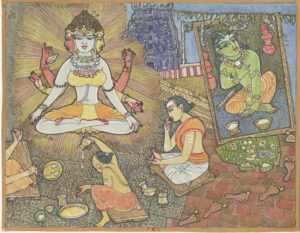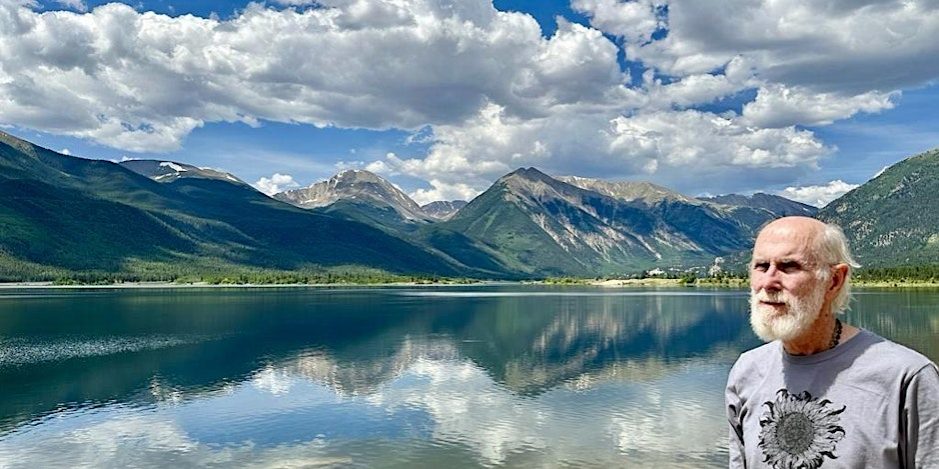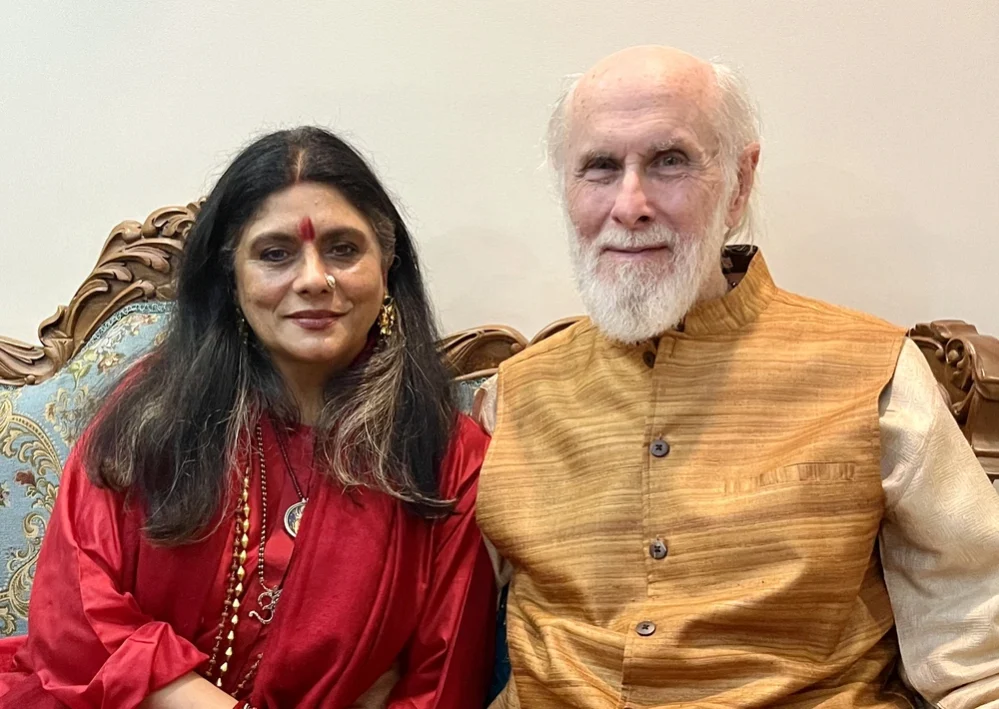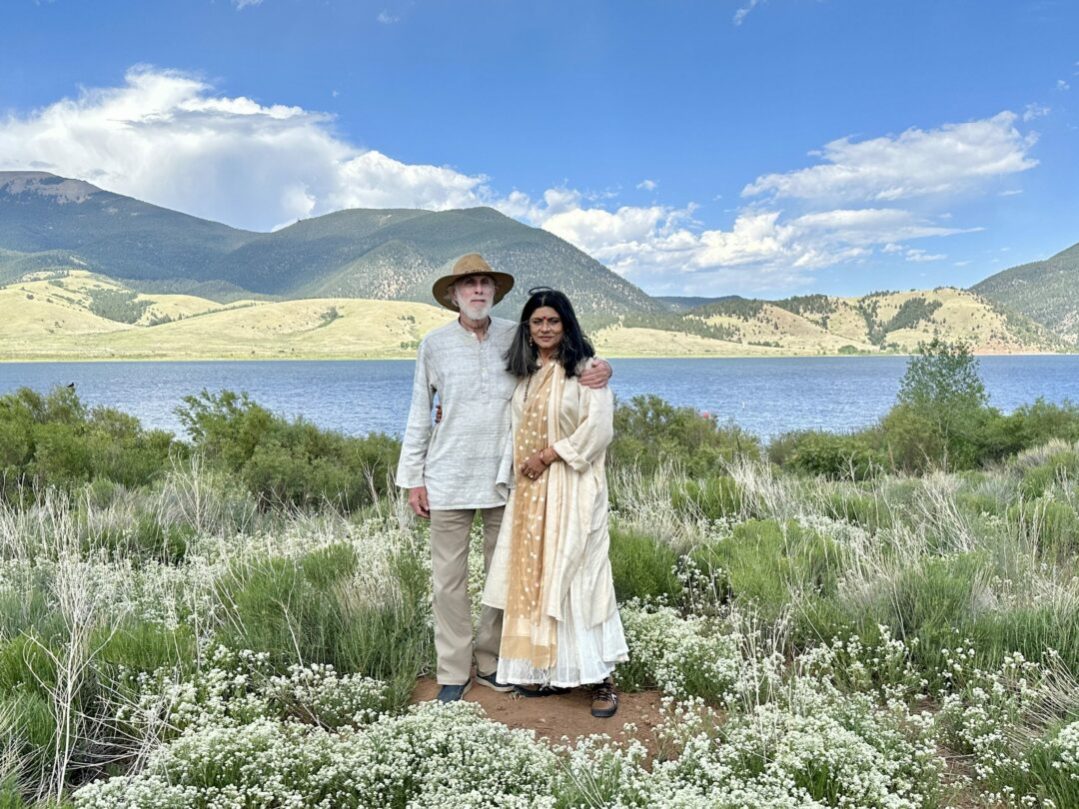Adapted from Hinduism and the Clash of Civilizations by David Frawley (Vamadeva Shastri)
History is Always Being Rewritten
In recent years, the government of India and several state governments have decided to revise history books, particularly relative to the ancient period, bringing up recent data that calls into question the Aryan invasion and the many theories that have arisen from it. Over the past few decades numerous archaeological finds have been made throughout North India, considerably widening the civilization of the region and uncovering its continuity through time, rendering the Aryan Invasion idea obsolete.
Quite predictably, leftists in India raised a cry of tampering with history, as if history is a fixed science that cannot be adjusted. The fact is that history books in India still largely teach the British view of India from the colonial era and have not changed much since the independence of the country over fifty years ago. The only exception is history books in Marxist states like Bengal that have been rewritten in a communist slant, which is even more against the traditions of the country than the British view.
History books are always being rewritten and they should be, as new information comes in and our understanding of culture widens. This does not mean that history should carelessly be rewritten to suit an ideology, as in communist Russia or in Nazi Germany, but that we must not turn old accounts of history into an unalterable dogma. History is not a material science like physics that deals with hard facts and even physics textbooks are continually being updated. The West has often tried to give its version of history the finality of science, but political changes since the end of the colonial era have revealed the biases behind its accounts, particularly of Africa and Asia. The western account of history cannot be given the finality of the physical sciences and should be expected to change radically over time.
Colonial Distortions of History East and West
Up to two decades ago, the history of America was taught as the wanton aggression of the Native Americans, the so-called Red Indians, on the gentle white settlers who simply wanted to farm and raise their families in a wide land that had room for many people. This was the predominant view of Christians and of educated Europeans in America. The real history was one of the genocide of native peoples and their cultures in a greed for land and power. The so-called savages honored all treaties. The so-called civilized white man didn’t honor any.
The European history of Africa followed similar prejudices, with the native blacks as uncivilized barbarians that had to be civilized by the white Europeans. That the blacks did have venerable and rich old cultures and were really the target of exploitation and genocide was covered over. The same phenomenon occurred throughout the colonial world, including Asia, where native peoples were subjugated and their cultures denigrated. Like the blacks, some Asians were turned into slaves or serfs, uprooted from their land and taken to foreign countries and commercially exploited. This was also done in the name of civilizational advancement through Christianity and European culture. That is how over a million Indians ended up in the Caribbean in Trinidad and Guyana.
The European treatment of India was the same as that of America and Africa, starting with the Portuguese in the sixteenth century, who brought the cruel ways of the Inquisition to India. The Indian mutiny of 1857 occurred because the British brought in aggressive and intolerant missionaries and had the country in the grip of a cruel economic exploitation. Yet such oppression has been left out of the history of India as told by the Europeans and independent India has not rewritten the record adequately. Similarly, the destruction wrought during the Islamic period, which was worse than the British period in terms of religious and economic exploitation as well as genocide, has been similarly ignored or downplayed so as not to offend minority communities.
Yet can one seriously imagine–given all the colonial distortions of history worldwide which are only slowly being removed today–that no real revision of the history of India needs to be made? Can we believe that somehow by luck, in spite of their prejudices, that colonial and European scholars got the history of India right and wrote it without any distortion or bias in their favor, though they failed everywhere else?
Liberals and leftists in America sympathize with the native cultures of Africa and America and their need not only for correcting historical accounts but also for restoration for historical wrongs. But, strangely, leftists in India still vaunt the colonial view that India was uncivilized before the British and denigrate their own native traditions!
When ancient historical finds are made in China, as with the uncovering of the tomb of the first emperor dating to the third century BCE, there is great national pride even among the communists. But all the massive finds of the Harappan/Sarasvati culture, as well as the retracing of the once great Sarasvati River, bring no pride to the leftist-secular intellectuals of India. They would ignore these, dismiss them as an invention of Hindu communalists, or imagine that they represent an unknown civilization that vanished mysteriously with no real connection to the later traditions of the region! Though the Vedic literature is the largest of the ancient world by all accounts, Indian leftists will have no pride in it and seek to denigrate it as best they can. Though the Mahabharata at over two thousand years old is the world’s oldest and longest national epic, Indian leftists don’t even want it taught in the schools (even when the common people find great pride in watching the Mahabharata on television).
In this regard, we should remember that Marxism and communism in India are largely anti-national movements. Marxists in India sided with China against India during the Indo-Chinese war of 1962 and raised no criticism of China for its attack. They sided with the British during the independence movement. This is a stark contrast to communism in Russia, China and Vietnam in which were part of larger nationalistic movements. This is because Indian Marxists came mainly from a British Marxist background and did not participate in anti-colonial struggles, as did the followers of Mao and Ho-chi-minh. They were largely intellectuals from wealthy families, educated in England, not workers in the field, much less freedom fighters.
Actually the distortion of history has been done intentionally by many modern Indian historians, particularly covering over historical wrongs against Hindus. They believe that by correcting history that the present can be changed. They pretend that the generally cruel Muslim rule in India was benign and secular so that this account will serve to make modern Hindus and Muslims more benign and secular and help them bury the past. But the opposite is true. If a nation does not face its true history, it has no future and its present remains confused. This would be like American historians pretending that Native Americans (Red Indians) were treated well through history and that accounts of their oppression and genocide were false or exaggerated, so as to bring harmony to the two communities today. This would only allow old prejudices to continue.
India has not faced its past in order not to offend minorities in the country, who may not resonate with the older Hindu and Buddhist cultures of the country. It has also been intentionally done in order to prevent the majority community from awakening from its colonial and religious oppression, fearing this would increase communal disharmony, even though distortions caused by this, like the image of Hindus as backward idolaters, continue in the world media today. The result is that the country lacks a genuine national pride and a sense of its continuity to ancient times.
History and National Pride
One of the main purposes of history books, as taught in different countries in the world, is to instill a sense of national pride and honor. Whether it is the United States, Great Britain, Russia, Germany or China, this is certainly the case today and has been so as long as these countries have existed as modern nations. The lives of great leaders, particularly the founders of the country are highlighted, the continuity of the nation’s history is emphasized, and the importance of the nation in the history of the world and the greatness of the national culture are stressed. Students are expected to come away from reading accounts of their history with a sense of national greatness and purpose, not only for the past but also for the future.
However, India is a strange and unique country in which history books are often anti-national in nature. India has largely kept in tact the British approach to Indian history devised in the colonial era. Students of such textbooks come away apologetic or confused about their country and its traditions. Textbooks in Marxist ruled states of India like Bengal and Kerala leave their students with a sense of the greatness of communism and communist countries like China or even Russia which is no longer communist, rather than any real regard for India and its great traditions.
History books in India try to ignore the dominant Hindu ethos of the country and its history before the Islamic period. India’s greatest historical and cultural document, the Mahabharata, is hardly given any attention in the schools. So too, the Vedas, Ramayana, Puranas, Buddhist Jatakas and other prime historical and cultural documents of the country are ignored because of their religious overtones. If they do address India as a nation, it is only India of the independence movement that they acknowledge, as if prior to 1947 India did not really exist. While Nehru is made important, older kings from the Rig Vedic Bharatas to Yudishthira of the Mahabharata period to the Marathas of the eighteenth century are hardly mentioned. There is no real sense of any historical continuity to the culture, much less to the country. While Mahatma Gandhi is emphasized, the greater spiritual traditions of India and its great teachers from the Vedic rishis, Vedantic, Buddhist and Jain sages to modern savants like Sri Aurobindo and Ramana Maharshi is not given much attention.
It is true that history should not be a mere instrument of a destructive nationalism and should avoid instilling aggression against other lands and peoples, even when upholding what is valuable in a nation’s history. But this does not require that the national value of historical studies is negated altogether.
The question, therefore, is how the history accounts in India can be made to reflect and instill a genuine nationalism and sense of the country’s history and destiny. India, after all, is one of the great civilizations of the world, with cultural traditions that have much value for humanity. Such historical accounts must reflect the richness and diversity of Indic civilization, but they cannot ignore its unity and continuity either.
The fact is that you cannot build a nation without creating history books that instill a positive nationalism, particularly in the youth. The real danger in India is not the arising of a chauvinistic nationalism like that of Nazi Germany or Fascist Italy–which are foreign to the mentality and ethos of the country–but a lack of national spirit and historical consciousness that keeps people alienated from their roots and the country divided.
India needs a real national spirit and for this a national sense of history, pride and purpose is required. A true Indian nationalism will be rooted in an Indian ethos of dharma, spirituality and pluralism, but this does not mean there can be no national or historical pride without encouraging communalism in the country. On the contrary, a greater sense of national identity would be the best thing to counter the disintegrating influence of religious, castist and regional interests that are bringing the country down.
Therefore we must ask: Why can’t Indians connect India’s traditional ancient literature, the Vedas, with its archaeology through Harappa and the many Sarasvati river sites? Why can’t Indians find national pride in their own history both on literary and archaeological levels? Why should history in India be used for national shame, rather than national pride? Why should the history of India place Indic civilization out of India? These are questions that must be answered.
Western and Indic Views of History
The subject of history in the western context is a very different than in the Indian context. In the western view, history is mainly an account of political events and economic progress, a purely outward affair. In the Hindu view, history is a means of teaching detachment, showing how great kings and kingdoms come and go in the course of time. It has an inner value as a spiritual teaching about the nature of human life and the need for liberation from worldly concerns. In the western view, history is progressive from the crude beginnings of agriculture and village life moving forward to the present day urban culture. In the Hindu view, history is cyclical, with various cultures coming and going over time as the soul seeks liberation from the phenomenal world.
The western progressive account of history is quite flawed. For example, the first civilizations of the ancient world that we can document–including Egypt, Sumeria, India and China–did not regard themselves as the first but were aware of many cultures and kingdoms before them, particularly prior to a great flood. The civilizations that we regard as the first saw themselves as very old with many antecedents! Yet we pretend that there was nothing before them! In addition, the civilizations of the Third Millennium BCE, like those of Egypt and Harappan/Sarasvati India, had better urban and architectural achievements than those that followed for many centuries. Even Europe had its Dark Ages after the Roman period in which much knowledge was lost. This idea of history as linear progress is clearly not the case. While humanity has progressed scientifically, this is mainly over the past five hundred years. On the other hand, we see a spiritual decline since ancient times, and over the last century we can note a decline in culture, art, music and philosophy in Europe itself, coinciding or even caused by great advances in science.
As India is the only civilization of antiquity to survive the onslaught of time, it is the special responsibility of Indians to discover not only their history but also that of the entire ancient world. Just as there are unquestioned distortions of ancient India, similar distortions of other ancient cultures also exist. For example, the religion of ancient Egypt, which like that of the Vedas demonstrates much occult and spiritual significance, is similarly dismissed as polytheism, idolatry or henotheism (worshipping different Gods as the supreme God), exactly like the Vedas. Revamping the way history is taught in Indian schools would be a major step in the direction of a more authentic and spiritual sensitive history of the world. It is a scientific and spiritual imperative, not only for India but for all countries.






